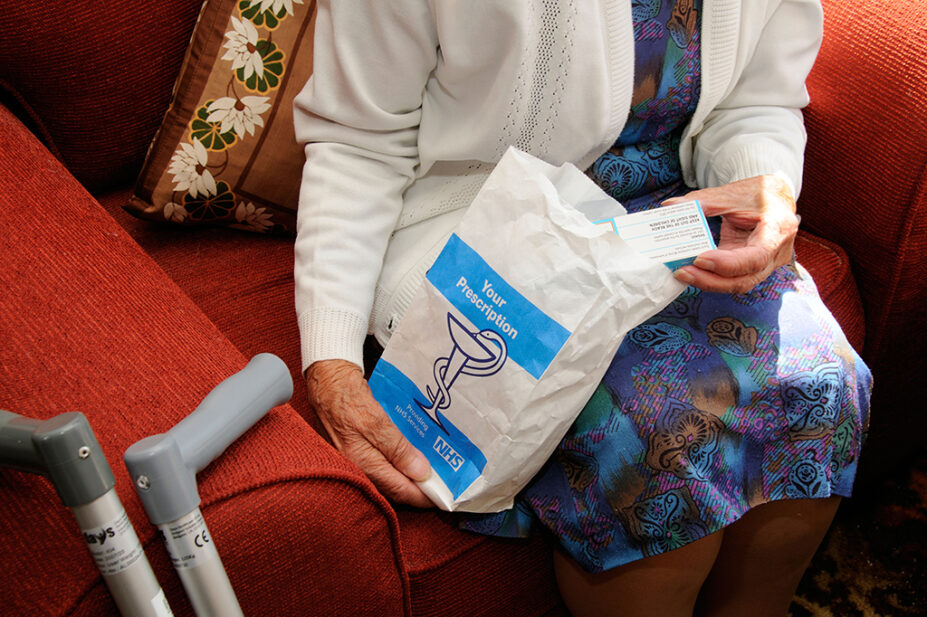
Peter Titmuss / Alamy Stock Photo
At least half of NHS hospital trusts could have access to the electronic prescription service (EPS) by 2026, NHS England has said.
Speaking at the Clinical Pharmacy Congress, held at the Excel, London, on 10 May 2024, Nishali Patel, clinical lead for digital medicines at NHS England, said that NHS England was looking to work with “a number of system suppliers” to provide EPS over the next few years.
“We could, by 2026, have at least 50% of all [NHS secondary care] trusts using EPS,” said Patel.
EPS is an NHS digital service that allows prescribers to send prescriptions electronically to a patient-nominated pharmacy. The service has been widely used in primary care, with more than 95% of all prescriptions now being produced electronically, and has recently expanded to secondary care.
Patel explained that there are currently eight NHS hospital trusts using EPS with a system that is Fast Healthcare Interoperability Resources compliant — a global industry standard for passing healthcare data between systems.
Her presentation included a timeline showing the IT suppliers that were working to implement EPS across NHS trusts, including Better Care and Nervecentre (between April 2024 and September 2024), Inform Health and Civica (between October 2024 and March 2025), System C and RioMed (between April 2025 and September 2025), and Epic and Medefer (between October 2025 and March 2026).
“For EPS, we really just want to be looking at increasing the number of trusts that are using it, and equally increasing the number of system suppliers that are building and becoming compliant to EPS,” said Patel.
“We’ve got a number of system suppliers that we are looking to work with over the next few years to be able to have [trusts] using EPS,” she added.
In November 2023, The Pharmaceutical Journal reported that the EPS service had been introduced at six NHS hospital trusts in England, following a pilot service at three hospital trusts in June and July 2020 to support COVID-19 patients.
Patel announced that data collected by the North East London NHS Foundation Trust, one of the six trusts involved in the initial rollout of the service, found that the EPS “released about £40,000 worth of cash in a year from saving on postage” and a further £127,000 from time saved on clinicians having to deliver paper prescriptions.
She also revealed that NHS England was working with the National Homecare Medicines Committee to look at how EPS can improve prescription management in homecare.
“What we want to do with testing EPS in homecare is to answer some really key questions,” said Patel.
She added that NHS England was testing a pilot system using the Cleo prescribing system, working with the homecare provider HealthNet, which uses RX web as its dispensing IT systems suppliers.
The homecare pilot system will focus on prescribing, specifically transmission of the prescription and dispensing in acute prescriptions, with a one-off nomination function, Patel said.
You may also be interested in

Reviewing prescribing practice in an adult critical care unit with a newly implemented electronic prescribing system
